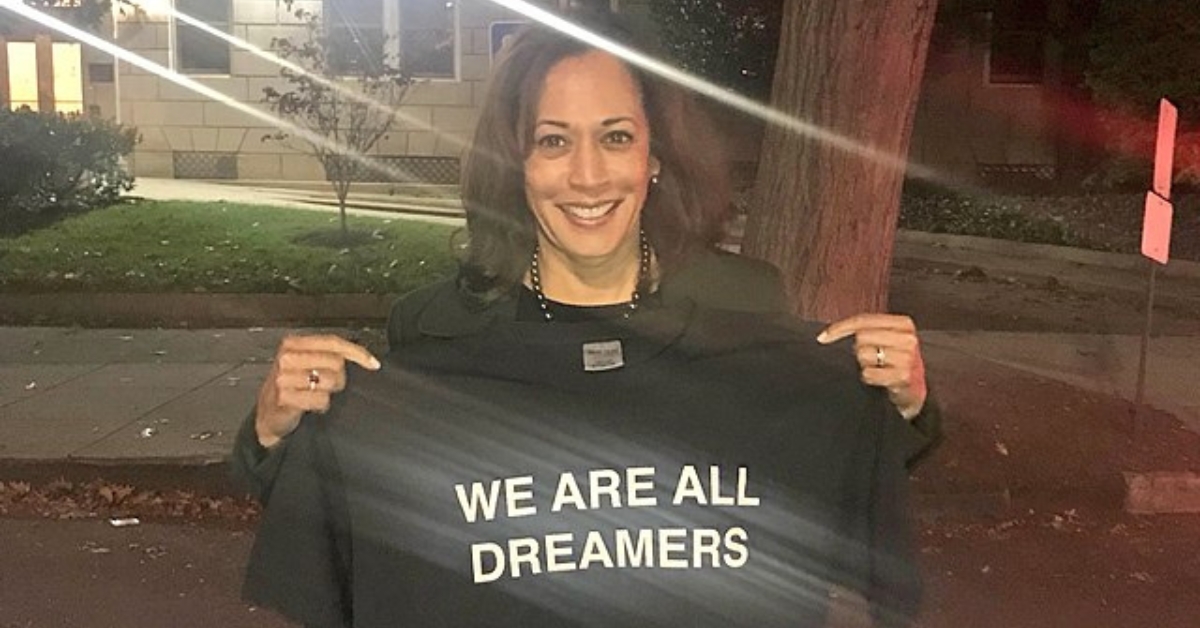
Federal Appeals Court Upholds Second Amendment Rights for 18-20 Year Olds
The United States Court of Appeals for the 3rd Circuit, based in Philadelphia, has struck down Pennsylvania’s law that prohibited young adults aged 18 to 20 from carrying firearms during declared emergencies. This significant decision, made by a 2-to-1 vote, aligns with the principles set forth in the 2022 Supreme Court ruling in Bruen, reinforcing the Second Amendment rights of young Americans.
U.S. Circuit Court Judge Kent A. Jordan, writing for the majority, emphasized the narrow focus of their decision. The court’s primary task was to determine if the restriction on 18-to-20-year-olds’ right to bear arms had historical backing from the founding era. Judge Jordan concluded that the evidence did not support such a restriction, thereby rendering the law unconstitutional.
This victory for the Second Amendment was spearheaded by the Firearms Policy Coalition (FPC), representing plaintiffs within the affected age group. Cody J. Wisniewski, the vice president and general counsel for FPC Action Foundation, hailed the decision. He pointed out that young adults were instrumental in the founding of our nation, and denying them the right to armed self-defense would be a gross perversion of the Constitution.
The ruling underscores a vital historical fact often overlooked in modern debates about gun rights: during the Founding era, all adults aged 18 and above were considered part of the militia. They not only had the right to bear arms but were also encouraged to do so for the defense of their communities and the country.
However, Judge L. Felipe Restrepo, appointed by President Joe Biden and the dissenting voice in the panel, offered a contrasting view. He argued that the Second Amendment’s text does not extend to the plaintiffs’ conduct, suggesting a historical understanding that 18-to-20-year-olds were not considered ‘part of the people’ protected under the Second Amendment. This perspective, though, seems to neglect the broader historical context of the era.
This ruling in Pennsylvania mirrors a similar decision in West Virginia, where Judge Thomas S. Klesh of the U.S. District Court for the Northern District declared a law unconstitutional that banned handgun sales to 18- to 20-year-olds. Judge Klesh, referencing the Bruen decision, noted the absence of historical evidence supporting age-based restrictions on firearm purchases.
These court decisions signal a significant shift in acknowledging the Second Amendment rights of young adults. They challenge the notion that this age group should be excluded from the full spectrum of constitutional rights afforded to them, particularly their right to bear arms. It’s a reminder that the principles enshrined in our Constitution and the historical context of these rights continue to be relevant and vital in contemporary legal discourse.














